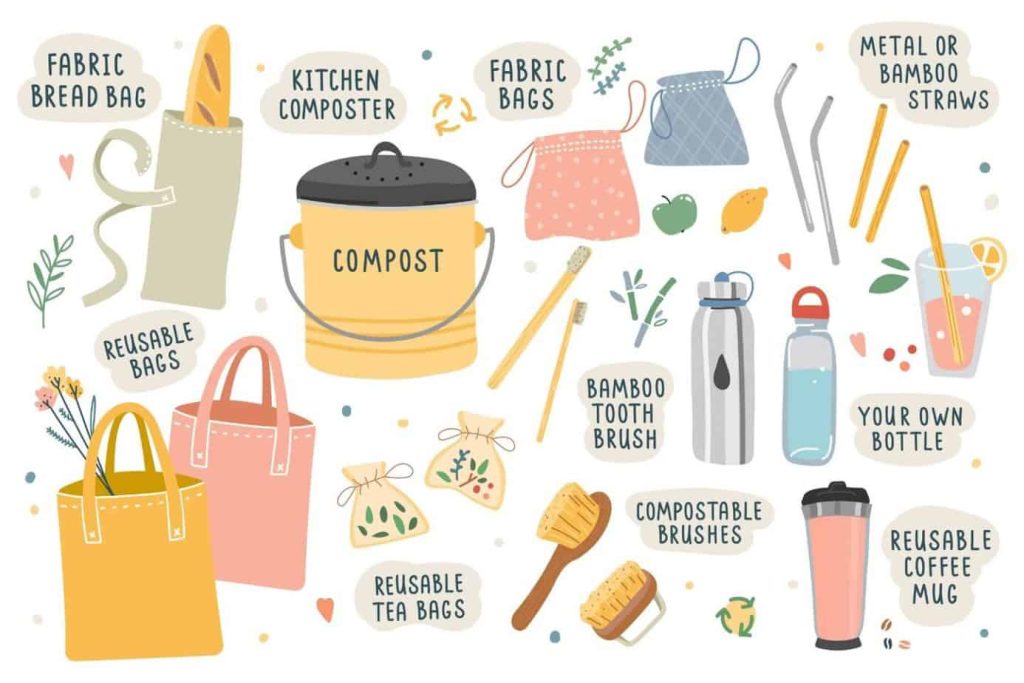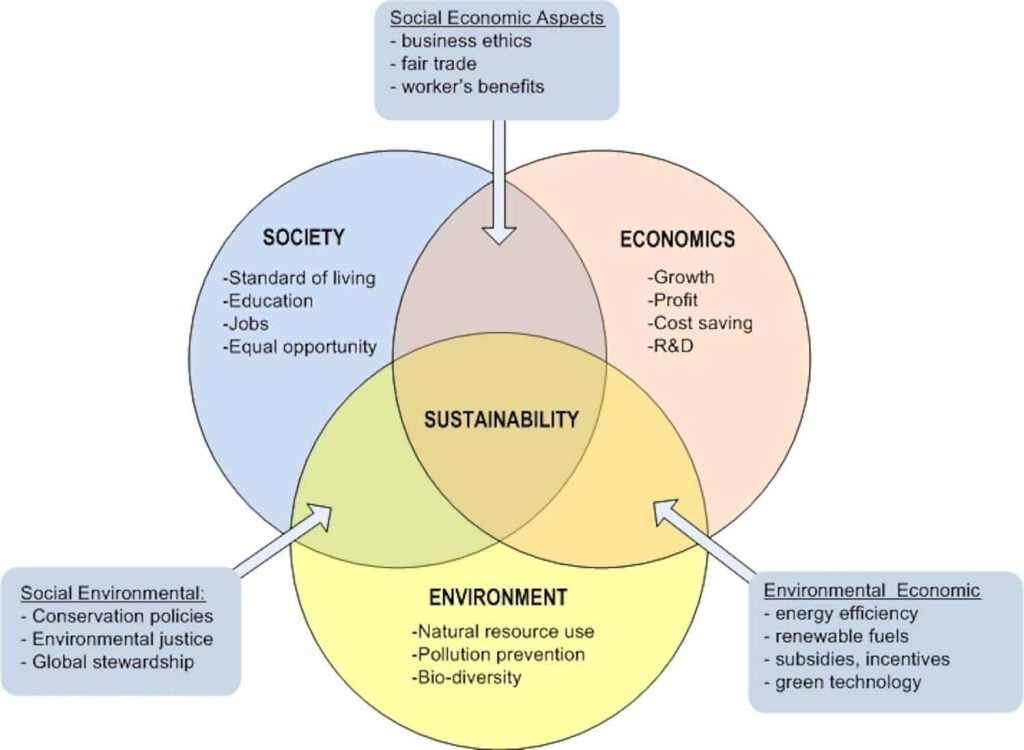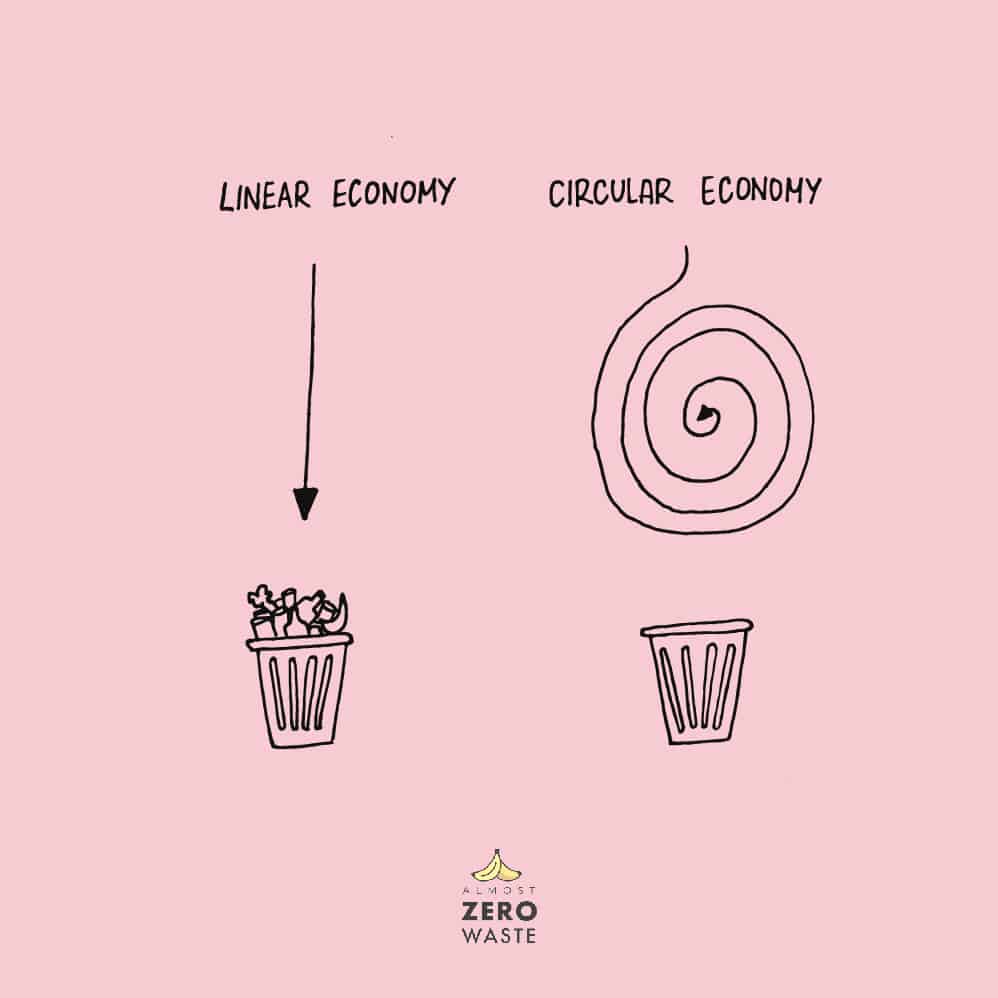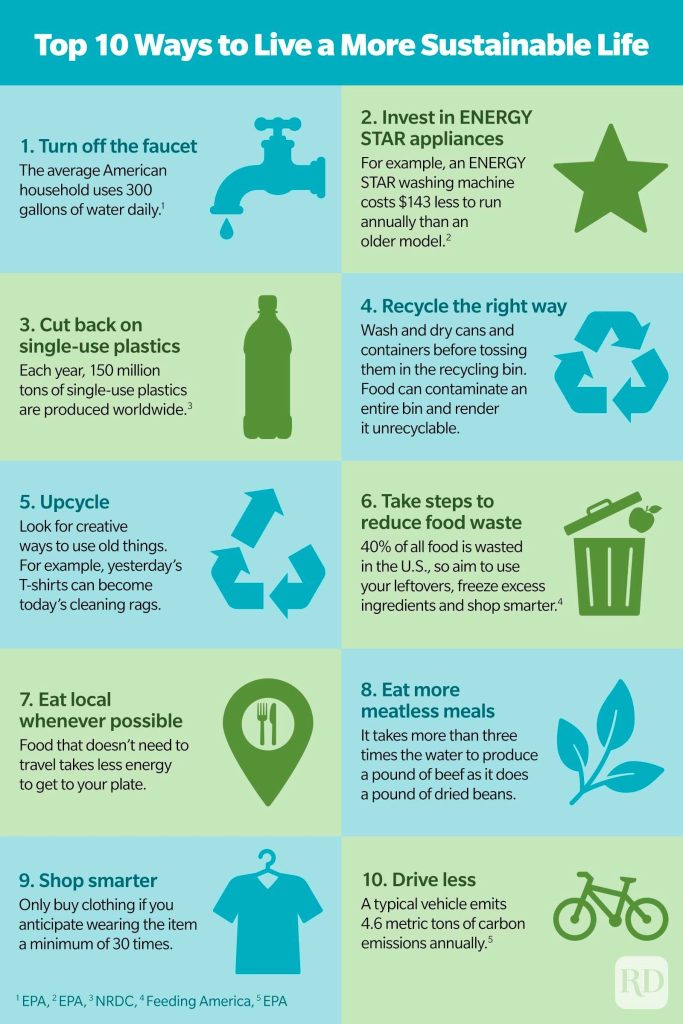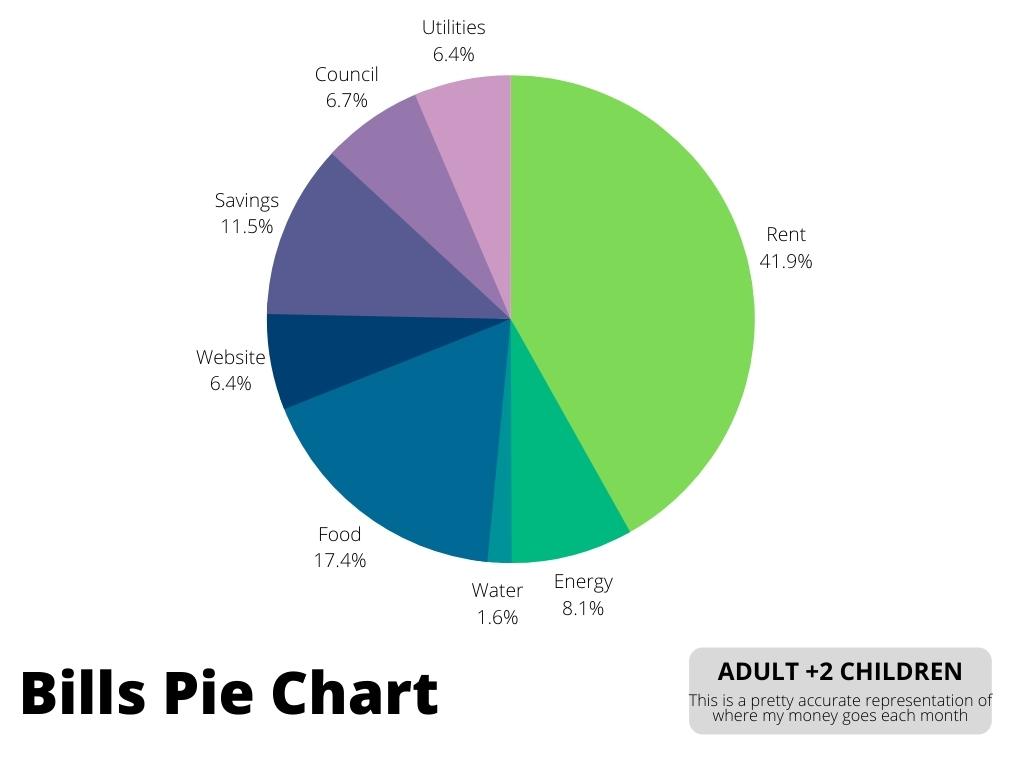Living a zero waste lifestyle has become a hot topic these days as more and more people are becoming aware of the environmental impact of their actions. If you’re wondering how to live a zero waste lifestyle and reduce your carbon footprint, you’ve come to the right place! In this article, we’ll explore practical tips and tricks to help you minimize waste and make more sustainable choices in your everyday life. So, let’s dive in and discover how you can make a positive difference for the planet while still enjoying a fulfilling and convenient lifestyle.
In our fast-paced world, it’s easy to get caught up in the cycle of consumption and waste. But living a zero waste lifestyle is all about rethinking our habits and finding creative solutions to minimize the amount of trash we produce. It’s about embracing a more sustainable mindset and making conscious choices that benefit both the environment and ourselves. So, whether you’re a seasoned eco-warrior looking for new inspiration or just starting your journey towards a greener lifestyle, this article will provide you with practical advice and actionable steps to help you live a zero waste lifestyle. Get ready to make a positive impact and join the growing movement of individuals committed to a more sustainable future!
How To Live a Zero Waste Lifestyle?
- Start by reducing your waste: Opt for reusable items such as cloth bags, water bottles, and food containers.
- Recycle and compost: Separate your waste into recyclables and organic waste to minimize landfill waste.
- Shop consciously: Choose products with minimal packaging and support local businesses that prioritize sustainability.
- Embrace a minimalist mindset: Declutter your home and focus on buying only what you truly need.
- Educate yourself: Stay informed about the environmental impact of your choices and seek out ways to make a positive difference.

How to Live a Zero Waste Lifestyle?
Living a zero waste lifestyle is becoming increasingly popular as people recognize the importance of reducing their impact on the environment. By minimizing waste and making sustainable choices, you can contribute to a healthier planet and inspire others to do the same. In this article, we will explore practical tips and strategies to help you embrace a zero waste lifestyle.
1. Reduce Single-Use Plastics
Single-use plastics are a major contributor to waste and pollution. To reduce your reliance on these items, start by refusing plastic bags and bringing your own reusable bags when shopping. Invest in a reusable water bottle and coffee cup to avoid using disposable ones. Additionally, consider using alternatives to plastic wrap, such as beeswax wraps or reusable silicone food covers.
Benefits of Reducing Single-Use Plastics
By reducing single-use plastics, you can significantly decrease the amount of waste generated. This helps conserve resources, reduce pollution, and protect wildlife and ecosystems. Furthermore, using reusable alternatives often saves you money in the long run, as you no longer need to purchase disposable items regularly.
Tips for Reducing Single-Use Plastics
– Carry a reusable shopping bag in your everyday bag or car so you are always prepared.
– Opt for products with minimal packaging or choose package-free alternatives.
– Choose products made from sustainable materials, such as bamboo toothbrushes or stainless steel straws.
– Support businesses that offer bulk refill options for household products.
2. Embrace a Minimalist Lifestyle
Living a zero waste lifestyle often goes hand in hand with embracing minimalism. By decluttering your living space and focusing on essential items, you can reduce the amount of waste you produce. Start by assessing your belongings and donating or selling items you no longer need. When making purchases, prioritize quality over quantity and choose items that are durable and long-lasting.
Benefits of Embracing a Minimalist Lifestyle
Embracing minimalism can bring numerous benefits beyond waste reduction. It allows you to create a more organized and serene living environment, free from the burden of excess stuff. A minimalist lifestyle also encourages mindful consumption and helps you save money by avoiding unnecessary purchases.
Tips for Embracing a Minimalist Lifestyle
– Declutter one area of your home at a time, focusing on one category of items, such as clothes or books.
– Before bringing new items into your home, consider whether you really need them and if they align with your values.
– Opt for experiences and memories instead of material possessions.
– Practice gratitude for the items you already have and take care of them to prolong their lifespan.
3. Practice the 5 R’s: Refuse, Reduce, Reuse, Recycle, Rot
The 5 R’s provide a framework for making sustainable choices in your daily life. By following these principles, you can significantly reduce waste and minimize your environmental impact. Start by refusing items you don’t need, such as freebies or single-use plastics. Then, focus on reducing your consumption and reusing items whenever possible. Recycle materials that can be recycled and compost organic waste.
Benefits of Practicing the 5 R’s
Practicing the 5 R’s helps conserve resources, reduce landfill waste, and minimize pollution. By incorporating these principles into your lifestyle, you can make a meaningful difference in the health of our planet. Additionally, adopting the 5 R’s can save you money by reducing your need to purchase new items and minimizing waste disposal costs.
Tips for Practicing the 5 R’s
– Refuse single-use items, such as plastic straws or disposable cutlery, and bring your own reusable alternatives.
– Reduce your consumption by buying only what you truly need and avoiding impulse purchases.
– Reuse items by repurposing them or donating them to others who can use them.
– Recycle materials according to your local recycling guidelines and support businesses that use recycled materials.
– Compost organic waste, such as food scraps and yard trimmings, to create nutrient-rich soil for your garden.
4. Support Sustainable Brands
Supporting sustainable brands is an important aspect of living a zero waste lifestyle. Look for companies that prioritize environmental and social responsibility. Choose products that are made from sustainable materials, have minimal packaging, and are produced ethically. By supporting these brands, you are sending a message that sustainability is important and encouraging others to follow suit.
Benefits of Supporting Sustainable Brands
Supporting sustainable brands helps drive positive change in the industry. It encourages other companies to adopt more sustainable practices and reduces the demand for environmentally harmful products. By choosing sustainable options, you are contributing to a more sustainable future for all.
Tips for Supporting Sustainable Brands
– Research brands and their sustainability initiatives before making a purchase.
– Look for certifications such as Fair Trade, Organic, or Forest Stewardship Council (FSC) to ensure ethical and sustainable production.
– Buy from local businesses to support your community and reduce transportation emissions.
– Consider secondhand options for items such as clothing, furniture, and electronics.
5. Educate and Inspire Others
One of the most powerful ways to make a difference is by educating and inspiring others to live a zero waste lifestyle. Share your knowledge and experiences with friends, family, and your community. Lead by example and demonstrate how small changes can have a big impact. Encourage others to join you in reducing waste and making sustainable choices.
Benefits of Educating and Inspiring Others
By educating and inspiring others, you are multiplying the positive impact of your own actions. When more people adopt a zero waste lifestyle, it creates a ripple effect that leads to widespread change. You have the power to influence others and contribute to a more sustainable future.
Tips for Educating and Inspiring Others
– Share your zero waste journey on social media or start a blog to reach a wider audience.
– Host workshops or events to teach others about sustainable living practices.
– Engage in conversations with friends and family, and answer their questions about zero waste living.
– Lead by example and demonstrate the benefits and ease of living a zero waste lifestyle.
Key Takeaways: How To Live a Zero Waste Lifestyle?
- Reduce, reuse, and recycle to minimize waste.
- Choose sustainable alternatives like reusable bags and water bottles.
- Compost organic waste to reduce landfill waste.
- Avoid single-use plastics by opting for package-free products.
- Support local businesses that prioritize sustainability.
Frequently Asked Questions
What are some simple steps to start living a zero waste lifestyle?
Living a zero waste lifestyle may seem overwhelming at first, but taking small steps can make a big difference. Here are some simple steps to get started:
1. Reduce your consumption: Start by evaluating your needs versus wants and make conscious choices to buy only what you truly need. Avoid impulse purchases and opt for reusable products instead of disposable ones.
2. Reuse and repurpose: Instead of throwing things away, find creative ways to reuse or repurpose them. For example, use glass jars as storage containers, turn old clothes into cleaning rags, or donate items you no longer need to someone who can use them.
3. Recycle correctly: Educate yourself about the recycling guidelines in your area and make sure you’re recycling properly. Rinse out containers, remove any non-recyclable parts, and sort your items according to the designated categories.
How can I reduce food waste in my zero waste lifestyle?
Food waste is a major contributor to environmental problems, but there are several ways you can reduce it in your zero waste lifestyle:
1. Plan your meals: Create a meal plan and make a shopping list to ensure you only buy what you need. This will help minimize food waste and save you money.
2. Use leftovers creatively: Instead of throwing away leftovers, get creative and find ways to incorporate them into new meals. Use vegetable scraps to make homemade broth or turn stale bread into croutons.
3. Compost: Set up a composting system in your home or find a local composting facility. Composting allows food scraps to be turned into nutrient-rich soil instead of ending up in landfills.
What are some eco-friendly alternatives to common household products?
Switching to eco-friendly alternatives for common household products can significantly reduce waste in your daily life. Here are a few suggestions:
1. Reusable grocery bags: Instead of using plastic bags, invest in reusable grocery bags made from materials like cotton or jute. Keep them handy in your car or bag so you never forget them when you go shopping.
2. Stainless steel or glass water bottles: Ditch single-use plastic water bottles and opt for reusable stainless steel or glass bottles. They are not only better for the environment but also safer for your health.
3. Beeswax wraps: Replace plastic wrap with beeswax wraps, which are reusable and biodegradable. They can be used to cover bowls, wrap sandwiches, or preserve leftovers.
How can I involve my family in a zero waste lifestyle?
Getting your family on board with a zero waste lifestyle can be a fun and rewarding experience. Here are some tips to involve your family:
1. Lead by example: Be the role model by practicing zero waste habits yourself. Show your family how to reduce, reuse, and recycle effectively.
2. Educate and explain: Take the time to explain to your family why living a zero waste lifestyle is important. Help them understand the impact their actions have on the environment and future generations.
3. Make it a team effort: Involve your family in decision-making processes, such as choosing eco-friendly products or planning waste-free activities. Encourage open discussions and brainstorming sessions to find creative solutions together.
What are some zero waste tips for traveling?
Traveling can pose challenges to maintaining a zero waste lifestyle, but with a little planning, it’s still possible to minimize waste. Here are some tips for zero waste travel:
1. Bring reusable essentials: Pack reusable items such as a water bottle, cutlery, and a cloth bag to avoid using single-use items during your trip.
2. Choose eco-friendly accommodations: Look for accommodations that prioritize sustainability and offer options like bulk toiletries or refillable soap dispensers.
3. Support local and sustainable businesses: Seek out local markets and restaurants that prioritize zero waste practices. By supporting these businesses, you contribute to the local economy and reduce waste.

Tips for Zero Waste Living – How a Family of 5 Makes Almost No Waste! | Life With Less Waste
Final Summary: Embrace the Zero Waste Lifestyle and Make a Difference
Living a zero waste lifestyle may seem challenging at first, but the rewards are truly worth it. By making small changes in our daily habits and choices, we can significantly reduce our impact on the environment and contribute to a more sustainable future. From refusing single-use plastics to composting our food waste, every action counts.
One of the key principles of the zero waste lifestyle is to prioritize reusing and repurposing items. Instead of buying new products, consider borrowing or buying second-hand. Get creative with DIY projects and find joy in giving new life to old items. Not only will this save you money, but it will also reduce the demand for new resources and minimize waste generation.
Another important aspect of living zero waste is being mindful of our consumption habits. Before making a purchase, ask yourself if you truly need the item or if there are alternative options available. By embracing minimalism and focusing on quality over quantity, we can avoid unnecessary clutter and waste. Remember, less is more.
In conclusion, adopting a zero waste lifestyle is a powerful way to make a positive impact on the planet. It requires a shift in mindset and a commitment to sustainable practices, but the benefits are far-reaching. By reducing waste, reusing items, and making conscious choices, we can not only minimize our ecological footprint but also inspire others to do the same. Together, let’s strive for a world where

